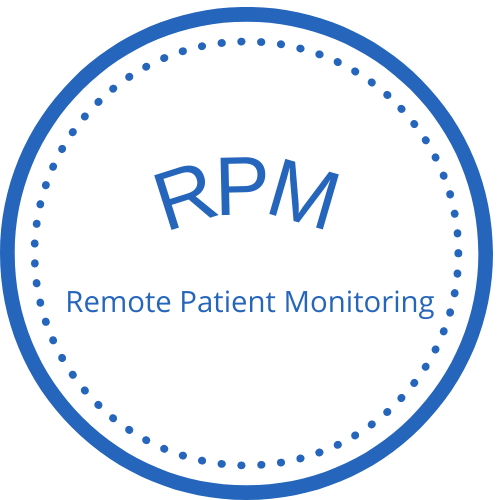- Homeland Security: new COVID prophylaxis treatment - December 16, 2020
- Chronic back pain: sick and tired - December 16, 2020
- Gut Health: You are what you eat - December 16, 2020
I’m most concerned with the mental health of my patients, especially as the country approaches the holidays. Governments toy with potentially re-instituting stay at home orders, further deepening the social chasm. Wintertime means re-surfacing of seasonal affective depression.
Pre-emptively talk with your doctor if you’re starting to feel depressed. This peer-reviewed quiz is an excellent way to screen yourself for depression and anxiety disorders. Based on your scores, your physician may encourage counseling and/or medication.
PHQ-9 for depression: https://www.mdcalc.com/phq-9-patient-health-questionnaire-9
GAD-7 for anxiety: https://www.mdcalc.com/gad-7-general-anxiety-disorder-7
Start the conversation early with your kids concerning depression. Adequate sleep, a healthy diet, and a strong support system go such a long way in improving depressive symptoms, before needing medication. Left untreated, adolescents go on to develop major depressive and generalized anxiety disorders, to name a few. Avoid consuming alcohol or heavy Indica strains of marijuana, as they both exacerbate depression.
Light therapy is clinically proved to treat seasonal depression. Be sure the lamp has settings for different times of day. Personally, I’ve seen adequate results with a 10,000 lumen lamp. Here’s the lamp I’ve used for the last 3 years: https://amzn.to/3kMTmKQ.
Exercise and meditate. Improving your body stimulates the release of endorphins that naturally boost your mood and improve sleep. Meditation calms the mind and is the single best thing to treat depression and anxiety, above and beyond medication. Websites like Gaia.com provide excellent courses for beginning meditators.
Danielle Kelvas, MD



